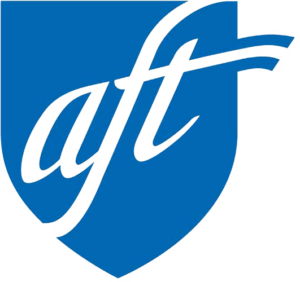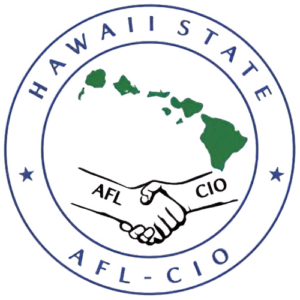When Sen. Jill Tokuda (D) first joined the Hawaii legislature in 2006, making sure there was adequate funding for higher education was a challenge. Looking ahead to the upcoming 2012 legislative session, Sen. Tokuda, who has served as Chair of the Senate Committee on Higher Education since 2009, predicts funding for higher education will continue to be an issue.
“It’s become even more of a challenge because of the decline in state funding over the years,” she told the Faculty Representatives gathered at the Ala Moana Hotel on Saturday, October 15. “Making the bucket bigger has been hard over the years. So how do we change the game?”
Although she said economists predict tight economic times ahead, she wanted to offer an “optimistic and hopeful” picture for the future, but one that is also “realistic.”
There is diversity of opinion among her fellow legislators regarding the level of funding and level of autonomy the UH should have, she said. Some legislators are in favor of more public funding for the UH, but this would come at the cost of losing autonomy for the UH. For example, she said this may mean legislators would shape the direction of the campuses and programs in exchange for more funding.
While her colleagues’ views may run the gamut, Sen. Tokuda subscribes to a more “balanced” view. She proposes establishing a base funding for the campuses with additional funding contingent upon meeting specific benchmarks for growth. This “earn it or lose it” incentive approach would enable campuses to obtain additional funding to add to the base.
“We know that you provide important services and programs to our constituents, you educate and prepare the workforce, and you should be rewarded for your achievements and growth,” said Sen. Tokuda, who represents the Windward Oahu neighborhoods of Kaneohe, Kailua, and Enchanted Lake.
Faculty representing the community colleges at the meeting pointed out that the benchmarks for such an incentive program need to be defined properly because typical measurements have focused on transfer or graduation rates, which may not be fair benchmarks to apply at community colleges absent other important factors.
For example, many may come to take specific courses such as accounting at a community college to help them in their current jobs, but these experiences would be discounted and be considered a failure if strictly using transfer or graduation rates as metrics of success.
Sen. Tokuda agreed that there need to be more high-value certificate programs that do not necessary require a degree because these certificate programs could be the nexus for success in the field.
Other concerns related to funding that faculty had an opportunity to raise with Sen. Tokuda included:
- The need for cooperation on decision-making between UH administration and faculty. A faculty member noted the Board of Regents approved an allocation of $500,000 to help with tuition for foreign students at the UH, but there was no corresponding assistance for UH students seeking to study abroad as exchange students.
- The need to highlight faculty achievements. Sen. Tokuda said she realizes that achievements for higher education have not made front-page headlines, but that the media should highlight the successes of faculty to help avoid methodical cuts to programs.
- The need to bridge the transition between high school and higher education. Faculty noted that many who enter the UH system need remediation courses in math and writing. Sen. Tokuda said she was aware of the issue and that each stage of education is critical to the overall success of Hawaii students. She noted that initiatives under way by the P-20 Council are exploring these inter-relationships along the education pipeline.



